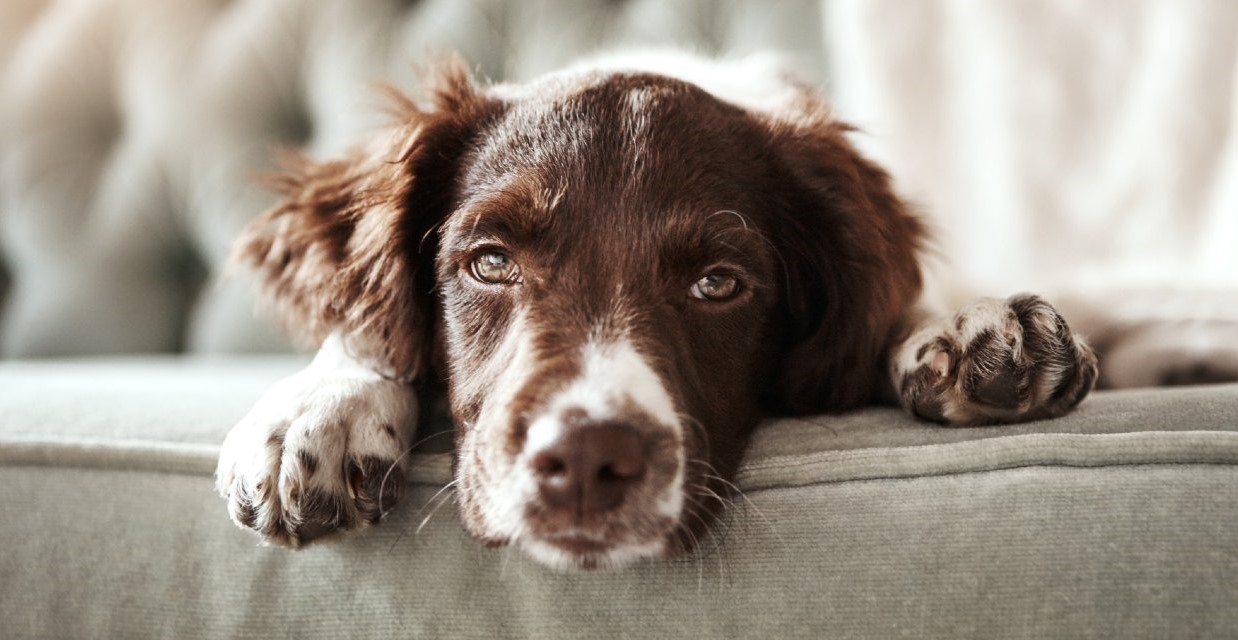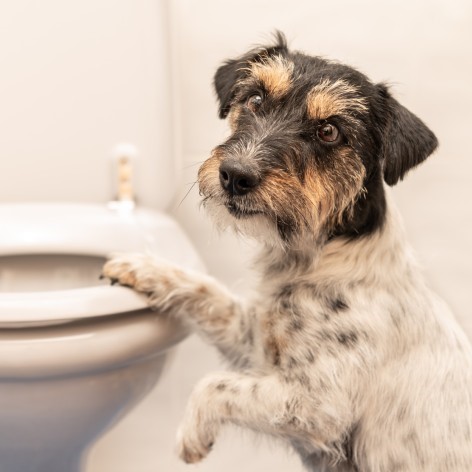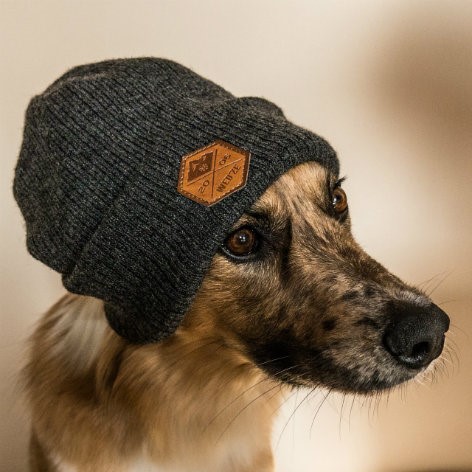If you've recently lost one of your wolf pack, you may wonder, 'do dogs know when another dog has died?' Well, the answer is yes, they do.
Dogs will notice that their buddies aren't around anymore, especially if they live in the same household.
Many people may not believe dogs have emotions or that dogs mourn, but dog owners will understand. Dogs are highly sensitive, not only can they feel their own emotions, they are also able to pick up the emotions of humans. So if you're grieving, then your dog is likely to feel that too.
How to tell if your dog's mourning?
Some small but recognisable changes in your dog's behaviour will indicate they're mourning. These changes can be both behavioural and physical; they may also mimic actual illness, so check with your vet there's nothing else going on.
Some of the signs may include:
- Loss of appetite
- Acting up with behaviours that they wouldn't normally do
- Accidents inside the house
- Lethargy and depression - could be sleeping more than usual or less than usual
- Change in personality - such as not as friendly or more anxious
- Vocalisations like whimpering or crying
Try not to punish any behaviour changes that you see as "bad"; instead, reward any positive behaviours your dog exhibits.
We don't want to punish them when they're dealing with the loss of a friend.
These changes may not happen straight after the death, as dogs don't experience time as humans do. It might be a few days or weeks or even months after the loss you see changes.
How to help a grieving dog
You may notice some of these changes and are wondering how you can help a grieving dog. Here are a few things that will help a dog that's grieving:
Stick to your routine - The loss will be a big change for your pup, so keep your routine as much the same as possible.
Provide leadership – Your dog may feel confused and lost without a mate’s presence, and will turn to you to look for guidance. Practice obedience commands such as ‘sit’, ‘stay’ more often and incorporate them into you and your dog’s daily routines.
Keep them occupied, exercised and stimulated - Along with maintaining your routine, keeping your dog entertained and stimulated will help distract them but also move on.
Give them extra love and affection - Up the snuggle time on the couch, or when you're trying to keep them occupied, play with them if you can.
Should you get another dog?
Whether you should get another dog comes down to you, your family and the dogs already in your household. Will your current dog accept a new dog? Are you ready for a new dog? Is your life suitable for another dog? Getting a new dog isn't a quick fix or cure-all for grief.
When dealing with dogs in mourning, the best thing you can do is look out for changes in behaviour.
Consult your vet to ensure there isn’t medical causes to these changes. Show your dog some extra love without shaking up their routine, and seek help from professionals (e.g. a veterinary behaviourist) if needed.








